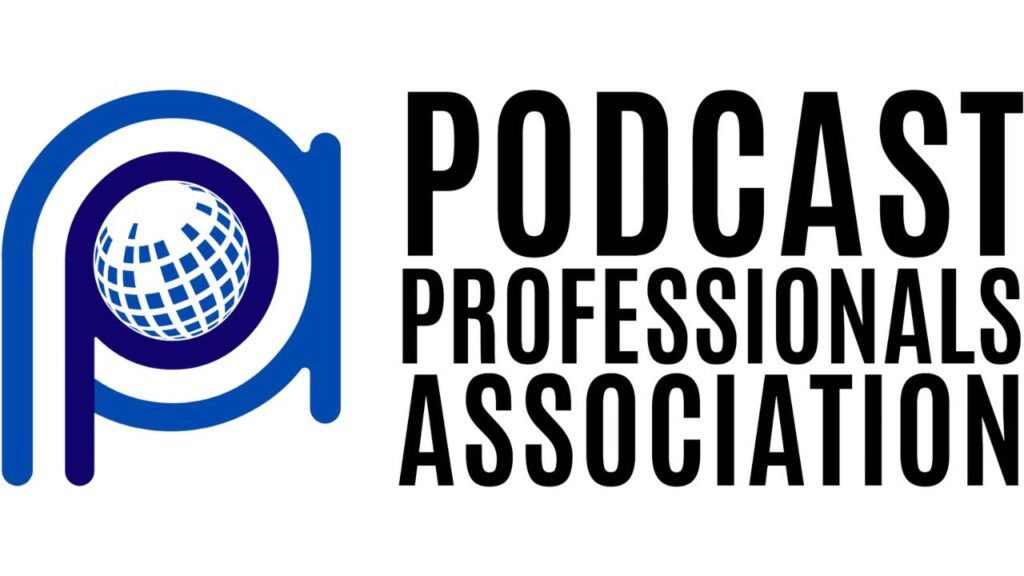
You’ve just earned your PhD; congratulations! After years of research, writing, and academic intensity, you’re probably wondering, “What comes next?” For many, the obvious choices are postdoc research, teaching positions, or industry roles. Please note, before we proceed, this can also be applied to professional doctorates, such as a DBA or DSL; however, I have written it with PhD in the headings, primarily for the benefit of my SEO search algorithms. But here’s the truth no one tells you in academia:
You don’t have to wait for someone to offer you a job—you can build your own.
As a small business coach who helps people turn their expertise into income, I’ve worked with several post-grads and PhDs who have launched highly successful businesses—without a single MBA or tech startup badge. If you’re thinking about starting a business with your new PhD, this blog post is your roadmap.
In this article, I’ll show you how to evaluate, structure, and launch a business using your academic background—and how to use automation and persuasive messaging to grow it.
Let’s dive in.
Why a New PhD Is a Powerful Starting Point for Entrepreneurship
PhDs are, by nature, problem-solvers. You’ve spent years investigating a niche problem, building systems, and presenting logical solutions. That’s the foundation of every great business.
But more than that, you bring:
Depth of expertise in a unique field
Analytical rigor that most entrepreneurs lack
Resilience and focus, honed over years of intense research
All of these are unfair advantages when applied correctly in the business world.
Part 1: Business Strategy – How to Choose the Right Business for Your PhD
As a business coach, the first thing I ask new PhDs is:
What do people already come to you for?
That usually points directly to a profitable business model. Let’s explore a few viable options.
1.1 Productized Consulting or Coaching
If your field lends itself to practical application—say, economics, policy, machine learning, environmental science—you can turn your research into advisory services for companies or individuals.
Example:
A PhD in behavioral economics builds a consulting firm helping fintech apps increase user engagement using psychology.
How to Start:
Identify a core problem in industry that your research helps solve.
Offer 1–2 services at a fixed price to simplify the sales process.
Create case-study-style content to showcase results (even simulated or hypothetical if you’re new).
1.2 Courses and Digital Products
You already know how to teach—you need to take it outside the classroom. Turn your dissertation, lectures, or niche knowledge into:
Online courses
Niche membership sites
Expert-level templates or toolkits
Example:
A PhD in microbiology creates an online course on “DIY Food Safety for Startup Food Brands” and sells it through her website and YouTube.
1.3 Research-as-a-Service
Businesses often require specialized research that they lack the time or expertise to conduct. You can package your academic abilities into a service.
Example:
A history PhD offers deep-dive research for nonfiction authors, journalists, and documentary producers.
1.4 IP Commercialization (if you’re in a STEM field)
If your dissertation involved a new method, algorithm, or invention, it may have commercial viability. Explore licensing, patents, or university tech-transfer offices.
Pro tip: Partner with a business-savvy cofounder or mentor to help assess commercial potential.
Part 2: Validate Before You Build (The Lean PhD Method)
You’ve probably been trained to spend months planning, researching, and reviewing. But business rewards action.
The market is your new peer reviewer.
Here’s how to validate your idea quickly:
Write a simple offer based on your skillset (e.g., “I help early-stage biotech firms write grant-ready research proposals.”)
Test it on real people. Post on LinkedIn, Reddit, or in field-specific Facebook groups.
Set up discovery calls with anyone who responds. Don’t sell—listen.
Refine your offer based on feedback. Is there a real problem? Are people already spending money to solve it?
If yes, you’re onto something.
Part 3: Automate to Accelerate – Build a One-Person Business That Runs Like a Team
I tell every new business owner: Don’t do manually what software can do automatically.
As a PhD student, your time is valuable, and likely split between academic work, research, and family responsibilities. That’s where automation changes the game.
3.1 Automate Client Acquisition
Use these tools to build a client pipeline:
LinkedIn + Phantombuster: Automatically connect with people in your niche.
Calendly: No more email ping-pong. Set availability, book calls, and sync with Zoom.
Cold email tools like Instantly or Smartlead: Create sequences that feel personal but run on autopilot.
3.2 Automate Your Sales Process
Once someone is interested, use:
Dubsado or HoneyBook for proposals, invoicing, contracts, and onboarding
Stripe for frictionless payments
Typeform + Zapier to qualify leads and funnel them to your calendar
You can build a seamless sales process in a weekend—with no coding required.
3.3 Automate Content and Communication
To grow trust with your audience, automate parts of your content strategy:
Use ChatGPT or Jasper to draft weekly blog posts based on your research
Set up ConvertKit or MailerLite to send automated welcome emails and newsletters
Create an SEO strategy around long-tail keywords related to your research
SEO Tip: Use keywords like “[your field] expert for startups” or “PhD [specialty] consulting” to capture high-intent searchers.
Part 4: Craft Messaging That Sells (Without Feeling “Salesy”)
Your credentials are impressive—but they won’t sell your services alone.
People don’t buy expertise. They buy transformation.
Here’s how to position your PhD in a way that gets attention and trust.
4.1 Create a Clear Value Proposition
Answer this in one sentence:
“I help [WHO] achieve [RESULT] by [METHOD].”
Examples:
“I help green tech startups get funding by turning their science into simple investor decks.”
“I help early-career researchers transition into policy roles using evidence-based career coaching.”
This turns your degree into a tool for transformation.
4.2 Use Case Studies and Personal Narrative
Don’t be afraid to tell your story:
What problem did your research tackle?
Why are you passionate about it?
How can it help others?
Combine this with micro-case studies (even if based on your dissertation or lab work) to build trust.
4.3 Build a Personal Brand (Even if You’re an Introvert)
Use LinkedIn and email marketing to build credibility over time.
Post 2x/week on:
Insights from your field
Lessons learned transitioning from academia to entrepreneurship
Results you’ve helped others achieve
The goal is not to go viral—but to become visible to the right people.
Part 5: Avoid These Common Pitfalls
Waiting too long to launch
Perfect is the enemy of profitable. Start small—refine later.
Undervaluing your offer
Charge for outcomes, not hours. You didn’t earn a PhD to earn a living like a freelancer.
Doing it alone
Even the most innovative entrepreneurs need coaches, communities, and support. Don’t be afraid to ask for help or invest in your growth.
Real Stories: PhDs Who Built Businesses
Let me share a few anonymized stories from clients I’ve worked with as a coach:
The Academic Researcher-Turned-Policy Consultant
A PhD in public health launched a policy consulting firm and now works with city governments on health equity projects. She started with a LinkedIn post and an introductory one-page offer. Six months later, she signed her first $10K retainer.
The Literature PhD Who Built a Course Empire
A humanities PhD who couldn’t land a tenure-track job turned his dissertation into a series of popular online courses on classical rhetoric. He now earns over $100K/year on Thinkific.
The AI Researcher Who Went Solo
An engineering PhD began advising startups on ethical AI design. Within a year, she built a $ 200,000+ practice while working part-time from home.
These aren’t unicorns. They just used their PhDs as leverage, not a label.
Your PhD Is Just the Beginning
Starting a business with a new PhD isn’t just possible—it might be the smartest move you make.
You have rare knowledge.
You’ve proven you can do hard things.
The world needs more deep thinkers building businesses.
So don’t wait for someone to give you a job title. Give yourself one.
You’ve already done the most challenging work. Now it’s time to turn that effort into income, impact, and independence.
Ready to Get Started?
If you’re a new PhD and want help crafting your business strategy, automating your systems, and building a clear, profitable offer, I can help.
Book a 1:1 strategy session with me to get clarity on your next move.
Your future isn’t limited to academia.
Let’s build your business; your way.











